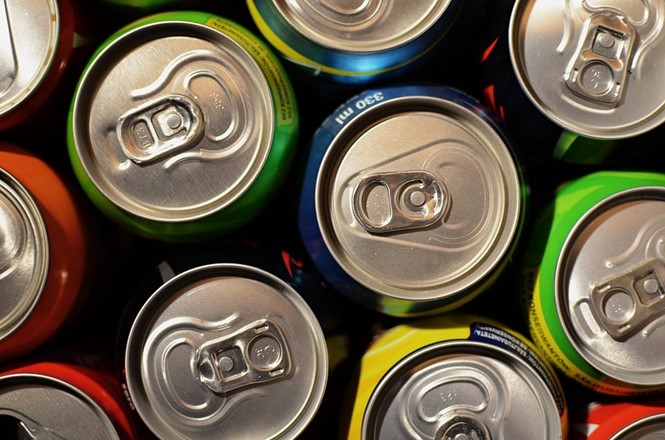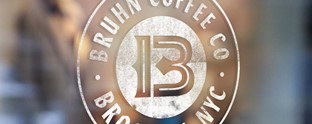Plain packaging could impact FMCG brand industry, says Brand Finance report

The plain packaging legislation is spreading world wide. Many countries including Norway, Georgia, Slovenia, Hungary and New Zealand have legislated for tobacco products’ plain packaging and Australia, France, the UK and Ireland have already implemented it. However, the brand and business valuation consultancy Brand Finance’s analysis suggests there could be profound impact of plain packaging to corporate financial value.
Brand Finance identified alcohol, confectionery, savoury snacks and sugary drinks as potential targets for plain packaging legislation. Allegedly alcohol and sugary drinks brands would be affected the most above all. However, there are two incompatible opinions in regard to plain packaging. Advocates assert that it prevents children or other potential customers from purchasing products which are detrimental to health and combat diabetes, obesity, heart disease and alcoholism. On the other hand, opponents claim that plain packaging leads increasing provision of cheaper alternatives and empowers criminal such as illicit trade.
Eight major food and drink brand-owning companies are predicted to lose a total of $187bn if plain packaging legislation were to be applied to alcohol, confectionery, savoury snacks and sugary drinks. Among the companies in the analysis, Pepsi Company is to be most vulnerable with 27% loss of its enterprise value which is $43bn. Its rival Coca-Cola Company is forecasted to have 24% of loss which, although less then PepsiCo, is $47.3bn when calculated in absolute terms.
Entire brand portfolios of companies specialising in alcoholic drinks, such as Heineken, AB InBev, and Pernod Ricard, would also fall within the scope of the legislation, jeopardising future revenue streams.
According to the result of extrapolation, all major alcohol and sugary drinks brands have potential loss of $293bn for the beverage industry globally. Compared to firms that have largest risk, Nestlé is less exposed. Around 33% exposure translates to a $24.3bn loss of brand contribution value which is only 10% of Nestlé’s enterprise value. Mondelez International and Danone would have $6.1bn and $0.3bn of loss respectively, equal to 8% and 1% of their total enterprise value.
David Haigh, CEO of Brand Finance, commented, “Predicted loss of brand contribution to companies at risk is only the tip of the iceberg. Plain packaging also means losses in the creative industries, including design and advertising services, which are heavily reliant on FMCG contracts.”
Plain packaging could give a positive effect on individual. However, in the food and drink sector it could render some of the world’s most iconic brands unrecognisable, changing the look of household cupboards and supermarket shelves forever, and potentially result in massive losses for companies.
For more from Transform magazine, follow us on Twitter @Transformsays












